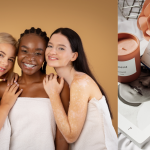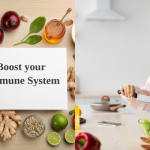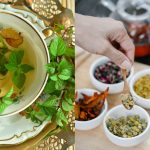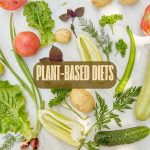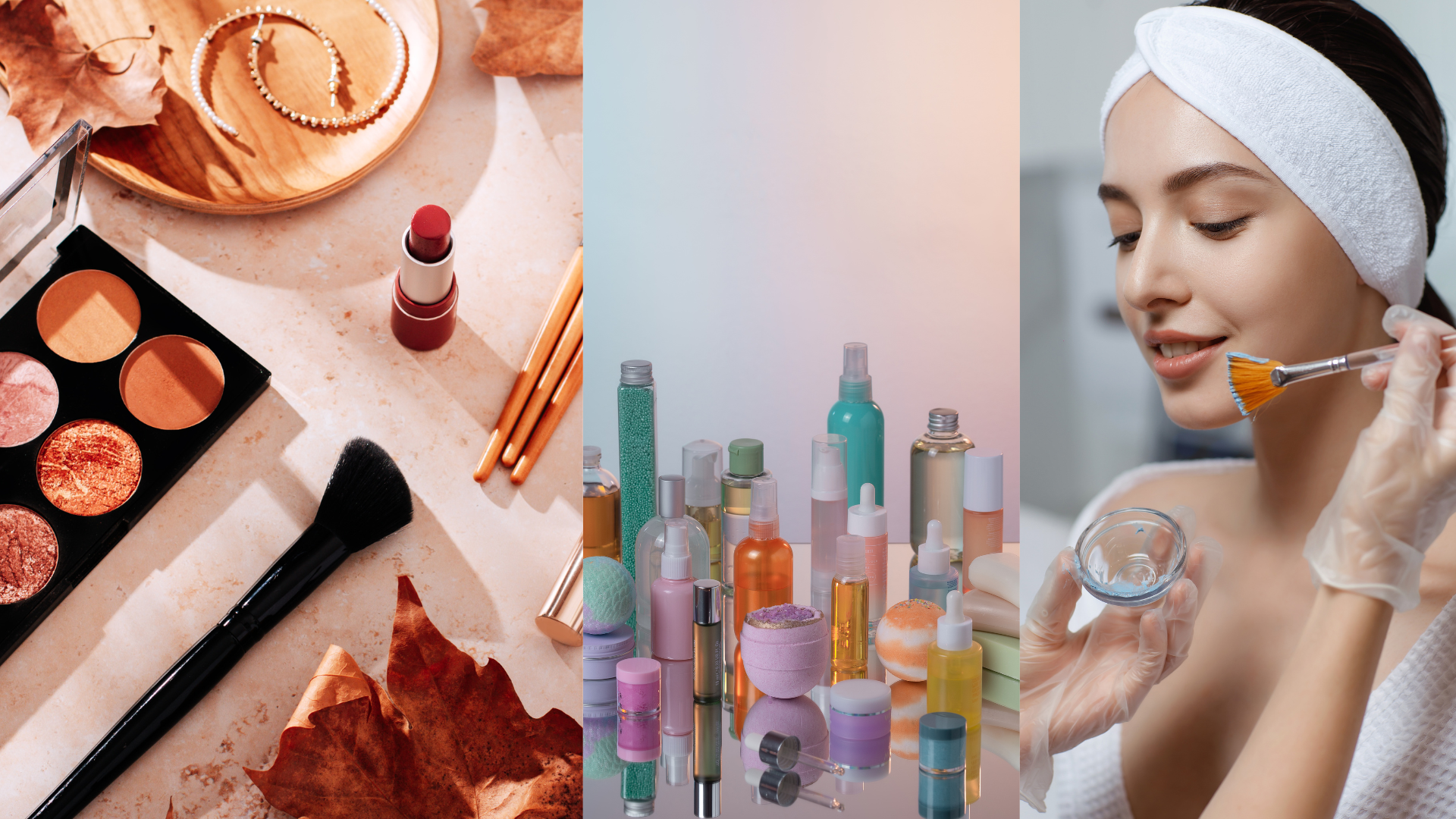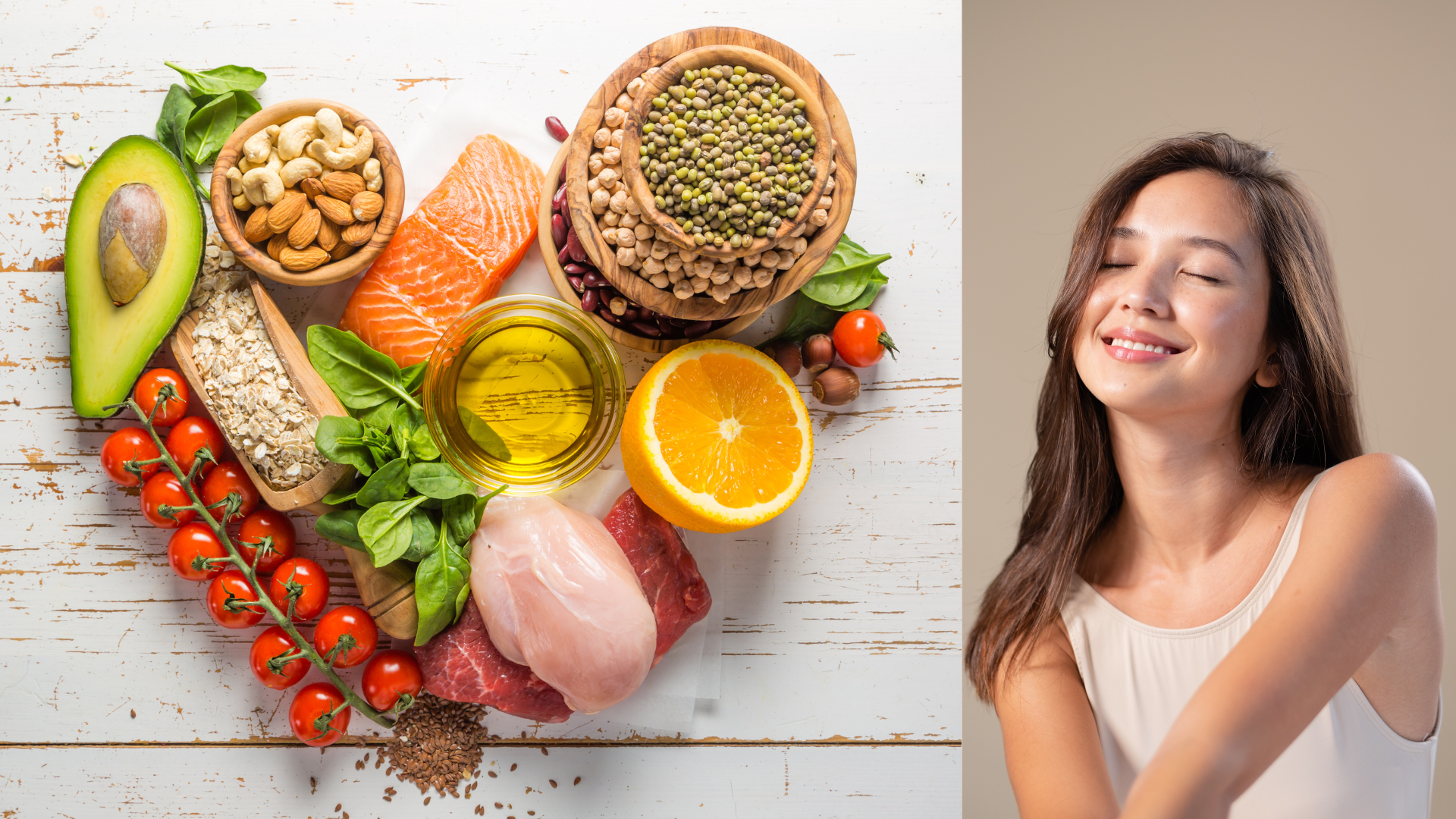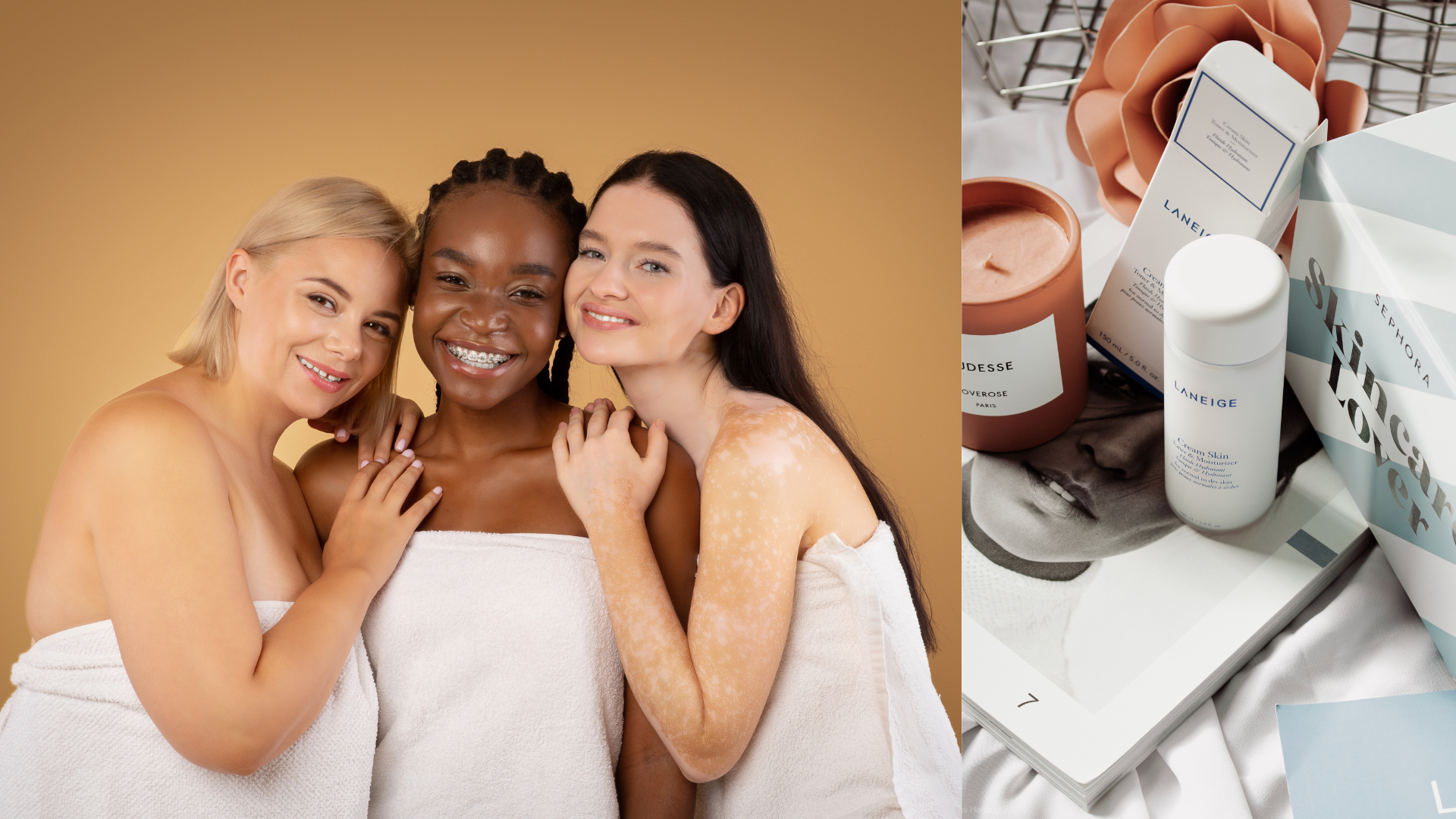OVERVIEW
The “Beauty & Skincare” category highlights the significance of both external and internal care for achieving glowing, healthy skin. Today, beauty encompasses more than just outer looks; it is an all-encompassing practice involving self-care, wellness, and mindful routines that contribute to skin health in various ways. With an increasing shift towards natural and sustainable options, many individuals are embracing organic skincare regimens, DIY beauty solutions, and nutritional changes to elevate their skin and overall well-being.
Customizing skincare routines to cater to diverse skin types (oily, dry, sensitive, combination) is essential for addressing specific needs and concerns. Different skin types benefit from tailored care methods, ingredients, and types of products. For example, those with dry skin thrive on rich moisturizers containing shea butter and hyaluronic acid, while individuals with oily skin may prefer lightweight, non-comedogenic products that help regulate oil production without blocking pores. Sensitive skin typically requires mild, fragrance-free items to prevent irritation, whereas combination skin can benefit from a mix of products that balance hydration and oil management. For many, developing a skincare routine that includes cleansing, exfoliating, moisturizing, and targeted treatments for concerns like acne or hyperpigmentation is crucial for maintaining optimal skin condition.
The popularity of natural ingredients in skincare is increasing, particularly with DIY beauty solutions that utilize everyday items. This method not only makes skincare more budget-friendly but also gives individuals control over the ingredients they apply to their skin. Common household items such as honey, oatmeal, yogurt, and avocado possess properties that can effectively nourish, exfoliate, and hydrate the skin. For example, honey is known for its natural antibacterial and moisturizing qualities, making it a favored choice for homemade face masks. Likewise, coffee grounds serve as an excellent body exfoliant, and aloe vera alleviates inflammation while providing hydration without blocking pores. By experimenting with these ingredients, individuals can develop affordable and effective skincare options without resorting to commercial products that may contain harsh chemicals.
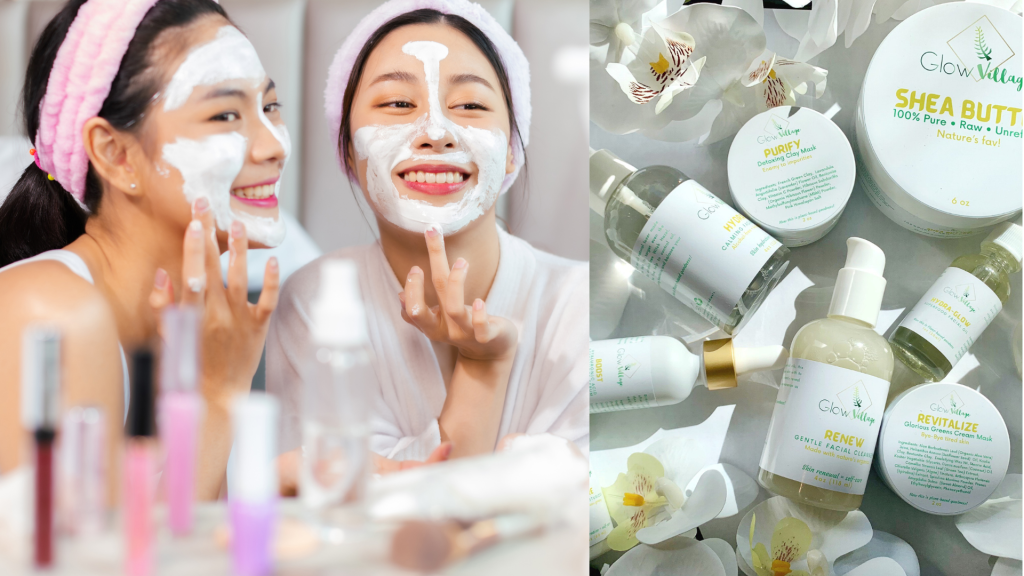
Nutrition is another vital aspect of skincare. The link between diet and skin health is becoming more appreciated, with various nutrients promoting different facets of skin vitality. Vitamins A, C, and E are essential for skin repair, elasticity, and safeguarding against environmental harm. Antioxidants found in berries, leafy greens, and nuts defend the skin against oxidative stress, while omega-3 fatty acids in foods like salmon and walnuts help maintain the moisture barrier, giving the skin a plumper, smoother appearance. Staying properly hydrated is equally important for skin health as it aids in toxin elimination and keeps skin cells hydrated and functioning effectively. Certain dietary triggers, such as high-sugar items or dairy, can worsen skin problems like acne for some people. By recognizing these triggers and adopting a nutrient-rich, skin-friendly diet, individuals can achieve clearer, healthier skin from the inside out.
Embracing these beauty and skincare methods can be life-changing, enhancing not only skin radiance but also overall wellness. Whether someone is just starting a skincare routine, investigating natural remedies, or adjusting their diet for improved skin health, this category provides guidance that is accessible and flexible. By concentrating on skincare routines, DIY beauty solutions, and the impact of nutrition, readers can cultivate a balanced, holistic beauty approach that emphasizes health, sustainability, and self-care in their daily lives.


